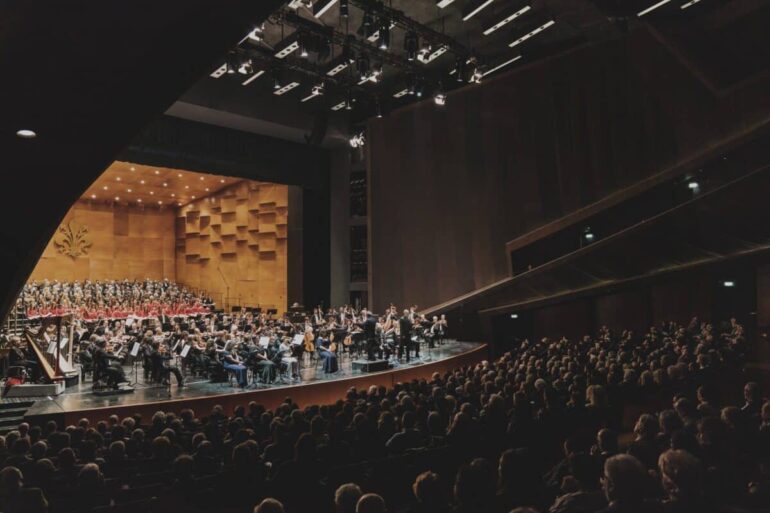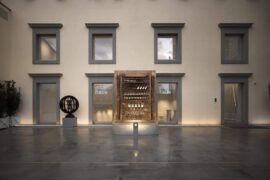The best theaters and opera houses in Florence
A visit to any of Florence’s historic theaters will round out your cultural experience of the city not just for the wide range of shows available but also for their extraordinary history. Walking through Florence can feel like you’ve stepped onto an opulent stage set adorned with pristine Renaissance palazzi and centuries old art and statuary so it’s no wonder that opera literally got its start in Florence. In 1598 the very first opera ever was performed at the Palazzo Corsi (Jacopo Peri’s lost Dafne) and from there the form swept across Europe. The Medici family had always been patrons of the arts and in the 16th-18th centuries their wealth and musical interests led to the formation of numerous drama and theatrical societies as well as the invention of the pianoforte by Bartolomeo Cristofori. Many of the musical instruments owned by the Medici (including an original Stradivarius) can now be seen in the Accademia Gallery along with Michelangelo’s David. Today, Florence is home to numerous historic theater houses that each have formidable claims to fame.
Teatro Niccolini
Via Ricasoli 3/5 (Duomo)
teatroniccolini.com
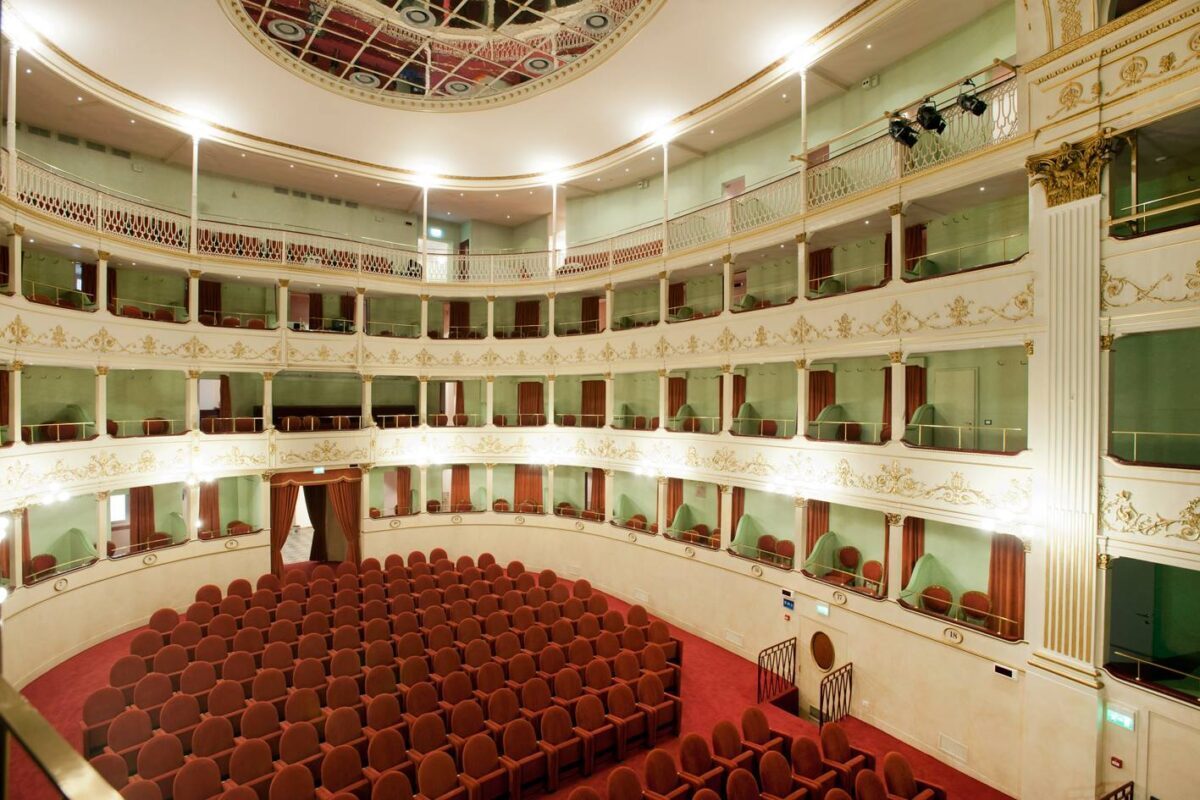
Whichever way you look at it, when it comes to theaters in Florence, Teatro Niccolini did it first. It’s the oldest theater in the city and one of the first modern theaters in Europe. Opened in the 1650s, it housed the Concordi Company, the first drama academy in Florence founded by nobles under the protection of Don Lorenzo de Medici (they wanted a theatrical space of their own outside the Medici court). In 1888 it even became the first theater in Tuscany to have electricity! Today the theater offers a program of avant-garde theatrical shows and experiences often pertaining to literature due to the attached bookstore Caffe Letterario Niccolini. Having recently undergone a restoration in 2016, the interior of mint, cream and gold detailing and velvet chairs offer a beautiful testament to the history of theater in Florence.
Teatro della Pergola
Via della Pergola, 12/32 (Duomo)
teatrodellapergola.com
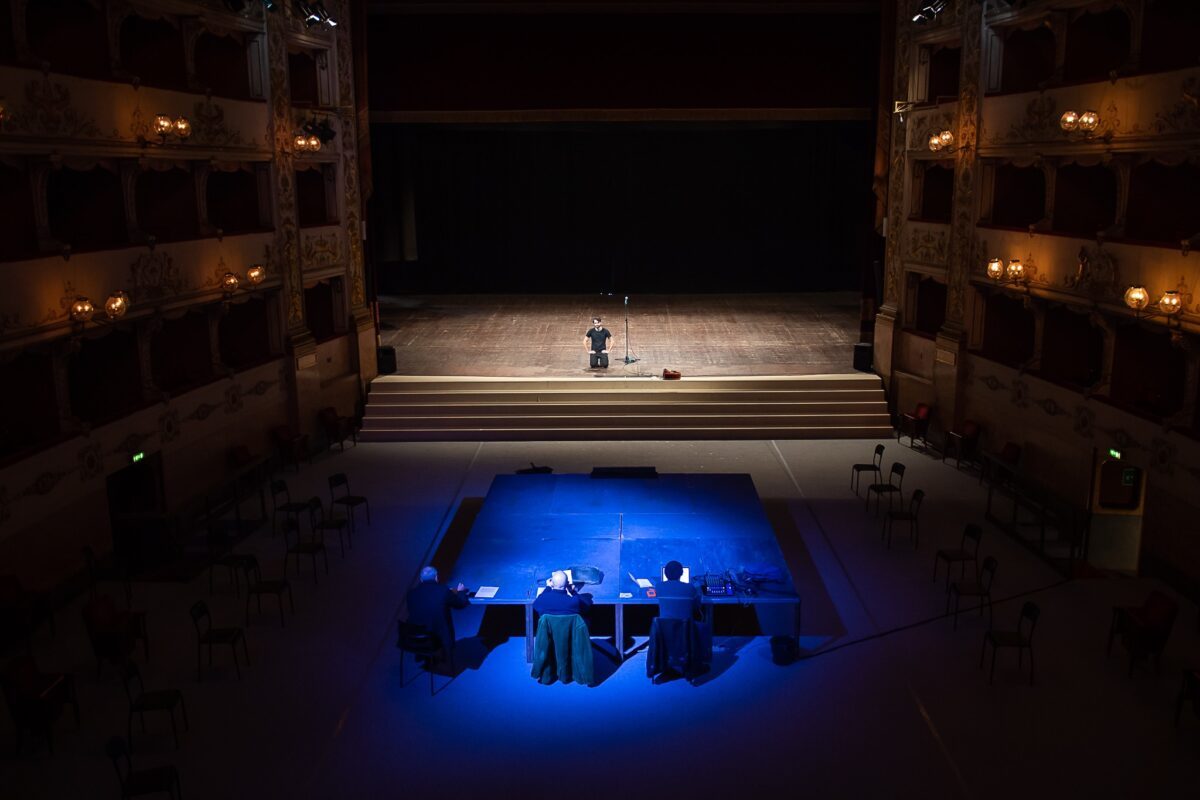
Florence’s second oldest theater (by just a few years), Della Pergola Theatre offers its visitors history and opulence in a romantic 17th century atmosphere. Designed by Ferdinando Tacca (son of Pietro Tacca), it opened just a few years after the Teatro Niccolini to house the Academy of Melodrama and its claims to fame only increase from there. Tiered, enclosed box seats were supposedly invented in this very theater, some say to prevent warring Italian families from getting into fights during shows, but probably to create a more intimate and private viewing experience for which they are still enjoyed today. Verdi debuted his Macbeth here in 1847 and the stool on which he sat during rehearsals is preserved in the theater’s museum. Antonio Meucci, the Italian inventor of the telephone (his patent was submitted five years before Alexander Graham Bell’s) experimented with his voice communication system between La Pergola’s control room and the stage. La Pergola was declared a national monument in 1925 and today is the center of the Teatro della Toscana Foundation. To all of this history add one of the most charming and atmospheric theater interiors in the city plus a full theatrical program and there is no reason you should skip a visit to La Pergola on your next visit to Florence.
Teatro Verdi
Via Ghibellina, 99 (Santa Croce)
teatroverdifirenze.it/en/
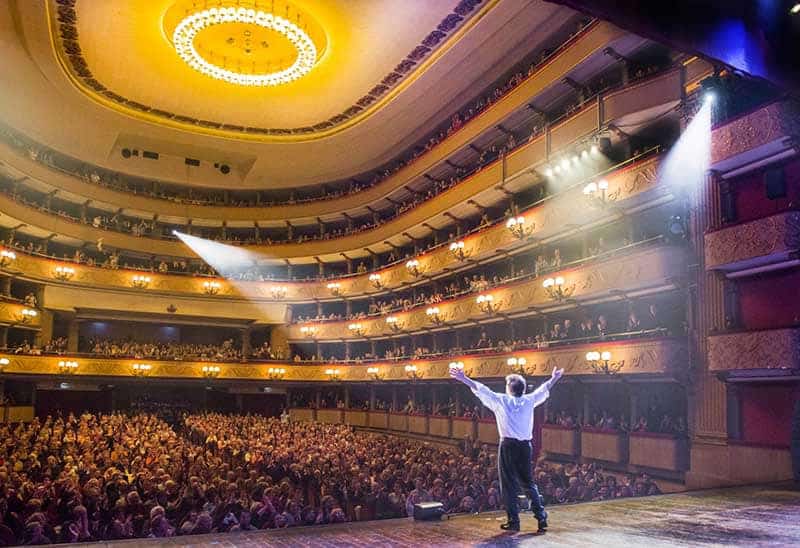
Founded in 1854 as the Teatro Pagliano on the foundation of the historic Stinche prison, the inaugural piece at this theater was Verdi’s Rigoletto. Thus, in 1901, the theater took on the name of the great Italian composer. The interior offers the traditional lux vibe of a classical theater with six tiers of box seats and plush red seats for 1,500 people making it the largest Italian style theater in Tuscany. But alongside this classic look, the theater promotes itself as a contemporary space and cultural center offering a wide range of modern shows that will appeal to all audiences. The foyer regularly hosts exhibitions of contemporary artists and its programming ranges the gambit from dance to rock and jazz and shows specially for kids. It is also the seat of the Tuscan Regional Orchestra and embraces a variety of classical music pieces throughout the year.
Teatro del Maggio Musicale Fiorentino
Piazzale Vittorio Gui, 1 (Cascine)
maggiofiorentino.com
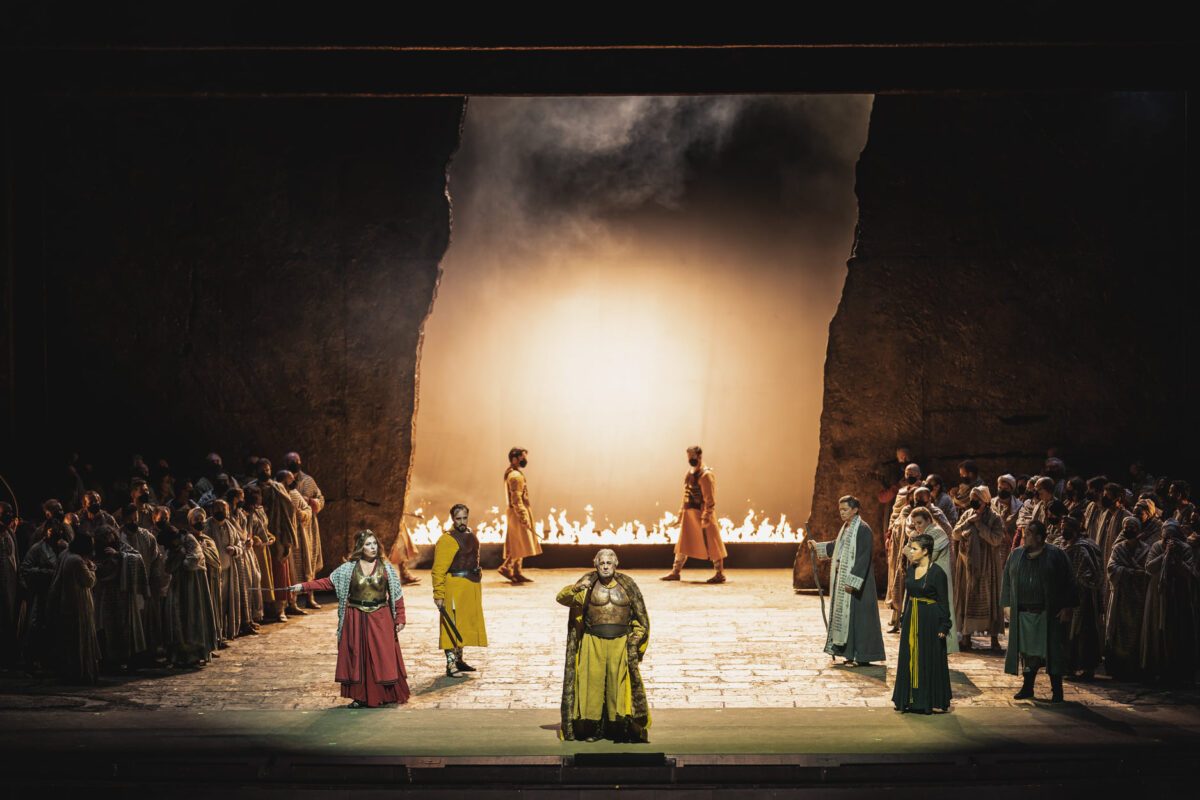
Inaugurated in 2011, this theater brings Florence’s presence in classical and operatic performances into the modern world and offers a continuation of the city’s historic artistic advocacy. The theater performs lyric operas, symphonies and ballets and is the center of the Maggio Musicale Orchestra, Chorus and Academy for young musicians. The Maggio Musicale Fiorentino is an annual arts festival performed here. Notable for its operatic shows it was also the first ever music festival in Italy, begun in 1933. The theater’s dramatically modern architectural style combines excellent acoustics and viewer experience with a message that Florence isn’t just about its Renaissance and Baroque past but is a part of the contemporary culture of Opera and performance.


